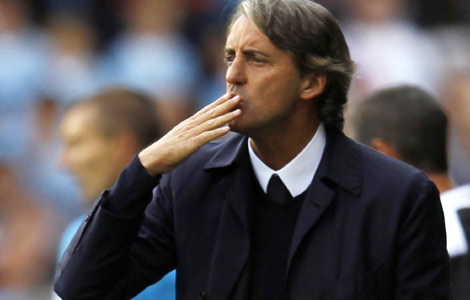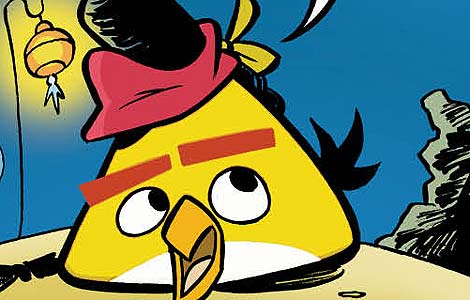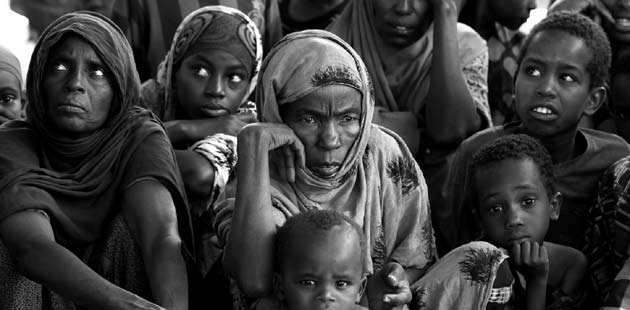France says aid impasse could spark EU food crisis
Updated: 2011-09-20 23:08
(Agencies)
|
|||||||||||
BRUSSELS - France warned Germany and other countries on Tuesday that they risked provoking a food crisis in Europe because of their opposition to an EU-funded food aid scheme for the bloc's poorest citizens.
French farm minister Bruno Le Maire said dismantling the 500 million euro ($683 million) per year EU scheme in favour of national programmes would threaten the food security of millions of European citizens already hit by financial difficulties.
"In the midst of a deep financial crisis, 17 million Europeans are now unable to feed themselves except through this programme," Le Maire told fellow EU farm ministers at a meeting in Brussels.
"We are completely against renationalising this programme. That would mean simply abandoning the poorest to their fates," he said.
But Germany -- which is among a group of six countries that opposes the EU scheme -- said responsibility for social welfare issues should rest with national governments.
"It's abundantly clear that Germany is concerned about the social needs of the most deprived citizens," German State Secretary for Agriculture Robert Kloos told colleagues.
"But competence for social measures lies with governments. It is something that can be carried out far more efficiently by the member states themselves."
Political Blockage
The food aid scheme for the EU's most deprived people was introduced in 1987, and was originally designed to divert part of the bloc's huge grain and butter mountains to help poor citizens.
Reform of the EU common agricultural policy (CAP) from the 1990s onwards drastically reduced the size of the bloc's surplus farm stocks, and the scheme was revised to allow the European Commission to buy food aid from the market when stocks were too low.
But following a legal challenge from Germany and Sweden, Europe's second-highest court ruled in May that the scheme should only be funded using the bloc's farm intervention stocks -- not directly from the EU budget.
The ruling forced the Commission to slash the programme's budget for 2012 from to just more than 100 million euros from 500 million, and EU farm commissioner Dacian Ciolos said a lack of stocks could mean there is no budget for the scheme in 2013.
The Commission has proposed changes to the programme to get around the court ruling and fund the scheme directly, and Ciolos said the budget was sufficient to fund it fully in 2012 and 2013.
But Germany -- along with Britain, Sweden, Denmark, the Czech Republic and the Netherlands -- have blocked agreement on the proposals, throwing the scheme into doubt.
"Some member states are failing to take their political responsibilities and are hiding behind legal arguments. They have to decide if they are prepared to let this programme fail," Ciolos said.
The EU scheme currently provides about half of the total food aid distributed by charitable organisations in Europe each year, Ciolos said.
On Monday, a coalition of French aid groups including the French Red Cross and the national food bank said that without the EU scheme, they would be unable to deliver some 130 million meals in 2012 and 2013 as planned.
The Polish EU presidency said it would try to find a compromise to break the deadlock before the next meeting of EU farm ministers next month, and that the issue could be raised at a summit of EU leaders in Brussels also scheduled in October.
($1=.73 Euro)
Hot Topics
Libya conflict, Gaddafi, Oil spill, Palace Museum scandal, Inflation, Japan's new PM, Trapped miners, Mooncake tax, Weekly photos, Hurricane Irene
Editor's Picks

|

|

|

|

|

|







